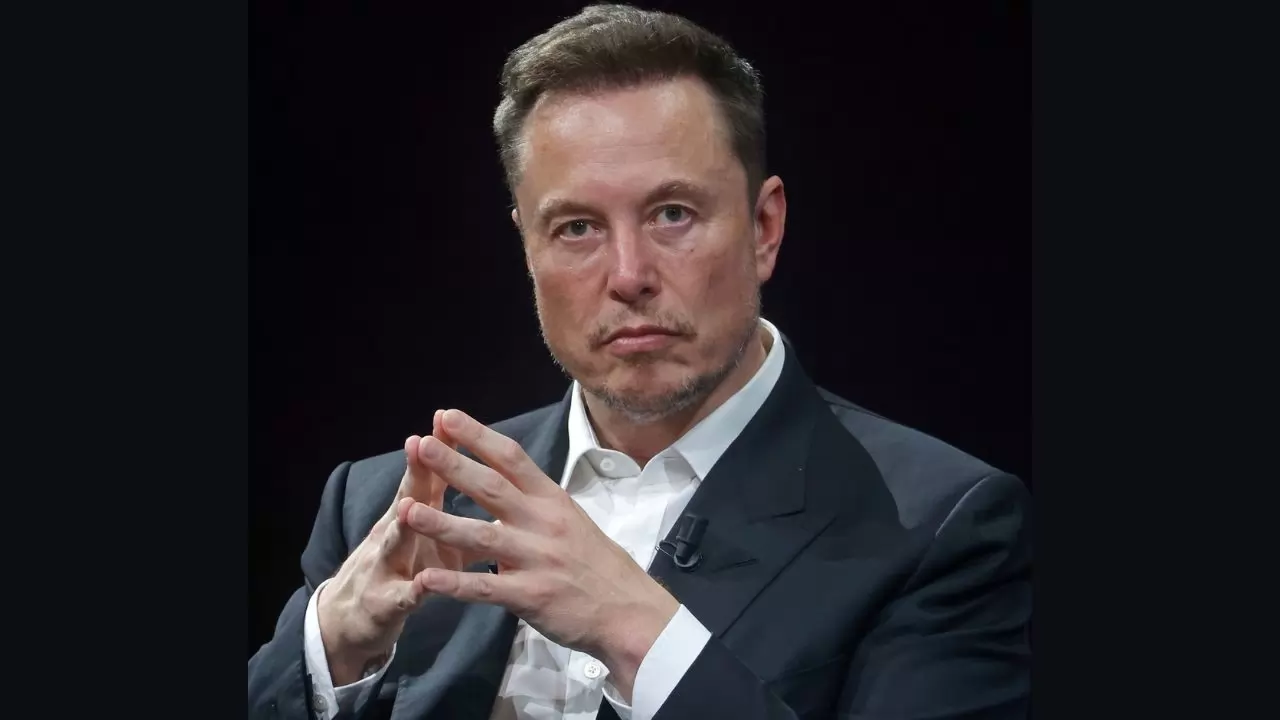
X/@DonaldTNews
US: A judge in Delaware, USA has invalidated the $55.8 billion pay agreement granted to Elon Musk in 2018 by electric car company Tesla. The ruling comes after a shareholder filed a lawsuit contending that it was an extensive payment.
Judge Kathaleen McCormick, presiding over the case, criticized Tesla directors for being potentially influenced by Musk's 'superstar appeal,' suggesting they were 'starry-eyed' and failed to fully inform shareholders. The judge deemed the deal 'unfathomable' and decreed its cancellation.
The 2018 pay deal was the largest ever in US corporate history, which played a pivotal role in catapulting Elon Musk to the position of the world's wealthiest individual, with estimates of his net worth ranging from $198 billion to $220 billion by November 2023.
The compensation package for Musk at Tesla linked his remuneration to performance metrics like the company's share price and profitability, with no traditional salary structure in place.
The legal challenge by Tesla shareholder Richard Tornetta argued that Musk was receiving an undue amount. Despite owning only nine Tesla shares he initiated legal action, asserting that shareholders were inadequately informed about the attainability of Musk's performance goals.
The legal saga, spanning several years, culminated in a week-long trial in November 2022. During the proceedings, Tesla directors contended that the substantial pay award was designed to ensure Musk's continued dedication to the company, given his role as CEO and major shareholder.
In her extensive 201-page ruling released on Tuesday, Judge McCormick challenged that investing in Musk was the primary motive for the oversized pay package. Instead, she argued that Tesla directors were 'swept up by the rhetoric' surrounding the controversial chief executive.
The judge highlighted Musk's 'extensive ties' with Tesla officials involved in negotiating the pay award, pointing to a 15-year relationship with compensation committee chair Ira Ehrenpreis. Moreover, the judge noted relationships with other board members, including James Murdoch and Linda Johnson Rice.
While Musk and his brother Kimbal, both Tesla board members, recused themselves from most meetings and votes on the 2018 pay package, Judge McCormick raised concerns about conflicts of interest among the directors who voted on the package.
Following the ruling's release, attorney Greg Varallo, representing Tesla shareholder Tornetta, celebrated the decision as a "good day for the good guys."
Elon Musk, known for his active presence on social media, took to X (formerly Twitter) to express his views, advising against incorporating companies in Delaware and suggesting Nevada or Texas as preferable options for shareholder decision-making. He posted, "Never incorporate your company in the state of Delaware. I recommend incorporating in Nevada or Texas if you prefer shareholders to decide matters," he added.
Elon Musk also posted a poll asking his followers whether or not Tesla should "change its state of incorporation to Texas, home of its physical headquarters."
Notably, several big companies, including the likes of Tesla and Amazon, are registered in the state which is famous for having light taxation.
Tesla's stock experienced a decline of approximately 2.5% in extended New York trade following the ruling. The shares have encountered a loss of over 20% in value so far this year.
When Tesla initially presented Musk's 10-year pay package in 2018, it garnered widespread public attention, with several shareholder advisory groups recommending voting against the plan, citing its perceived generosity. Brian Quinn, a professor at Boston College Law School, commented on the difficulty of justifying such a transaction given Musk's substantial influence over the board.





Copyright © 2026 Top Indian News
